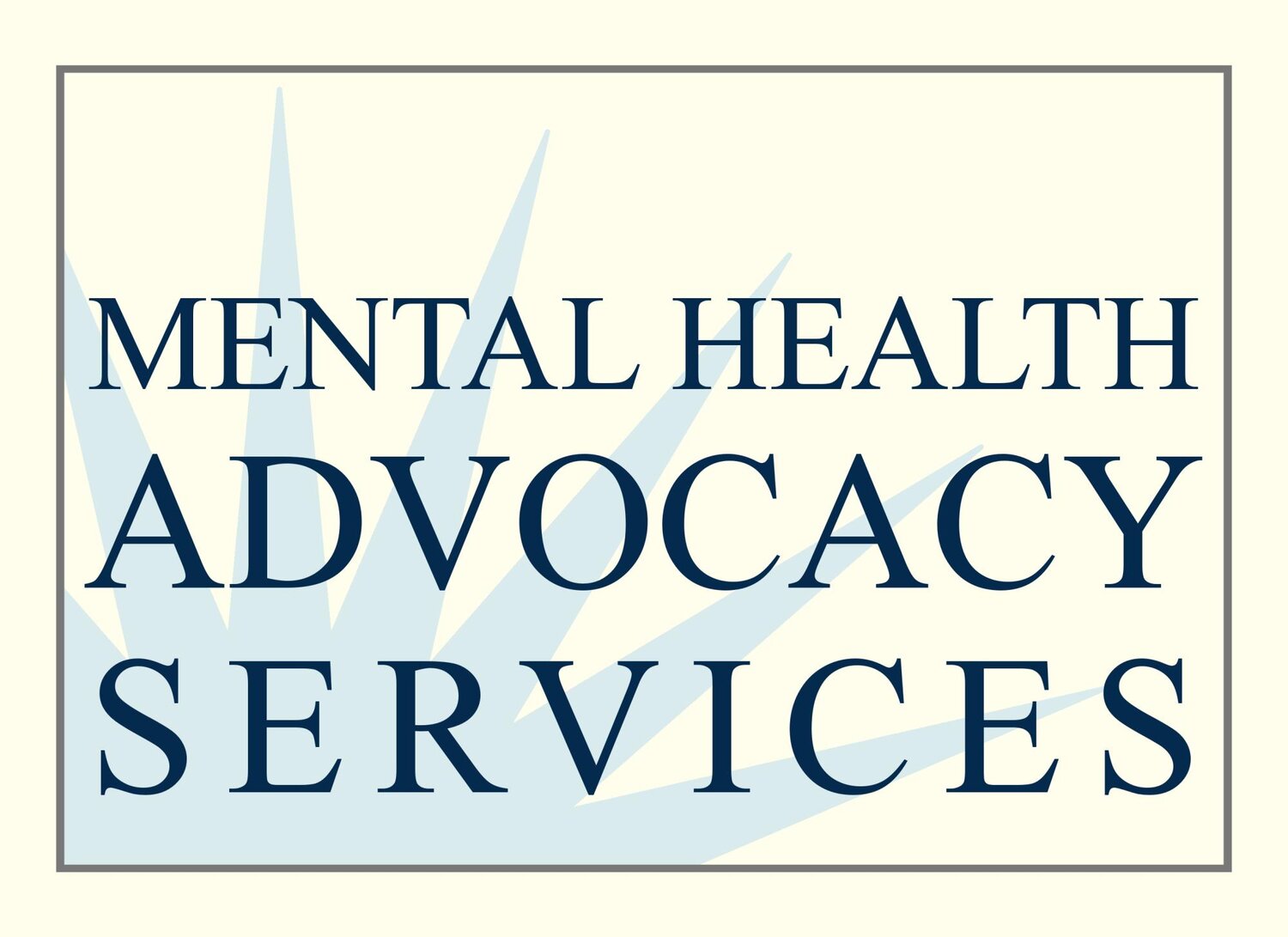What does it mean to say, “it’s okay”?
by Eliza SchaflerEliza Schafler is an MHAS Equal Justice Works Fellow sponsored by Greenberg Traurig, LLP.
Yesterday, while on-site at our legal clinic in Highland Park, I was chatting with a clinician about dangerous housing conditions in the community. She mentioned that many families that she works with prefer to try fix dangerous housing conditions themselves rather than going to a landlord for help. In part, this is because monolingual Spanish speakers can have trouble communicating their needs to a landlord. However, this clinician, who is a community member herself, guessed that families often rather attempt their own repairs. They will tell her, “It’s okay, we are dealing with it.”This conversation reminded me of an earlier one that I had with a case manager at the clinic. We were talking about special education. This case manager noticed that many parents at the clinic whose children are struggling in school choose to respond conservatively. They may prefer to wait for out-of-school therapy and tutoring to make a difference, rather than going straight to the school for help or challenging the school’s approach. They will say, “It’s okay – things are improving. Let’s wait and see.”Today, at a training in eviction defense, I encountered the “it’s okay” phenomenon again. A seasoned housing attorney giving the training was discussing pest infestation in housing for low-income people. She said that, in her experience, families will often downplay the severity of the problems in the home, even when they are truly unlivable. In her words, they will say, “Oh, no, everything is okay.”As an attorney in a Behavioral-Health Legal Partnership (BeHeLP), my job is never to interfere in clients’ personal choices. However, it is my job to make sure that they know and understand their legal rights and opportunities. I also work to ensure that families have access to clinicians and case managers who can help them identify and assert their needs. Our goal in BeHeLP is for all families who say, “it’s okay,” to really mean it.
